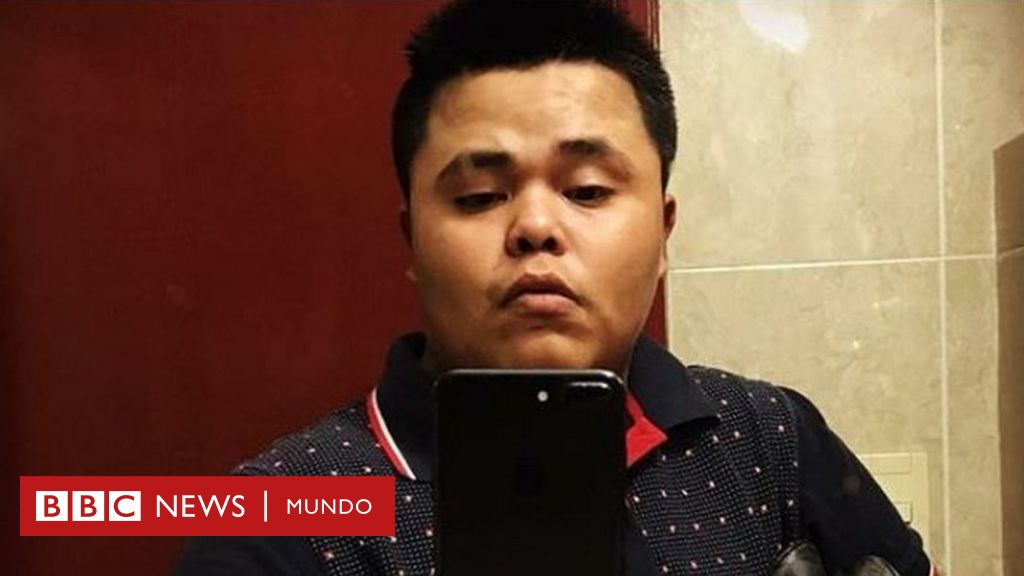The death of El Pirata de Culiacan has sparked widespread attention and controversy across the globe. This Mexican artist, whose real name is José Antonio Arambula López, was not only a talented musician but also a cultural icon. His untimely demise has left fans in shock, and the circulation of his death video has fueled debates about privacy, media ethics, and the impact of such content on society.
El Pirata de Culiacan's music resonated deeply with audiences, particularly in the Latin American community. His songs, often rooted in the corridos tumbados genre, captured the struggles and triumphs of everyday life. However, the release of his death video has overshadowed his artistic legacy, raising important questions about how we consume and share sensitive information in today's digital age.
This article delves into the details surrounding El Pirata de Culiacan's death, the controversy surrounding the video, and its implications. We will explore the cultural significance of his music, the legal and ethical concerns, and the broader societal impact. By the end of this article, you will have a deeper understanding of the situation and its multifaceted dimensions.
Read also:Clint Blacks Daughter Chelsea Bain Unveiling The Life Of A Rising Star
Table of Contents
- Biography of El Pirata de Culiacan
- Circumstances of His Death
- The Controversy Surrounding the Death Video
- Media Coverage and Public Reaction
- Ethical Considerations
- Cultural Impact of El Pirata de Culiacan
- Legal Implications
- Mental Health Awareness
- Privacy Concerns
- Conclusion
Biography of El Pirata de Culiacan
El Pirata de Culiacan, born José Antonio Arambula López on July 17, 1993, in Culiacan, Sinaloa, Mexico, was a prominent figure in the music industry. Known for his unique style and captivating lyrics, he became a symbol of resilience and authenticity.
Data and Facts
| Full Name | José Antonio Arambula López |
|---|---|
| Nickname | El Pirata de Culiacan |
| Birthdate | July 17, 1993 |
| Place of Birth | Culiacan, Sinaloa, Mexico |
| Occupation | Singer, Songwriter |
El Pirata's journey in the music world began with his passion for corridos tumbados, a subgenre of regional Mexican music. His rise to fame was marked by hits like "El Paseo," which became a cultural phenomenon.
Circumstances of His Death
The death of El Pirata de Culiacan on October 12, 2023, shocked fans worldwide. Reports indicate that he was involved in a car accident, but the exact details remain unclear. The incident has been shrouded in mystery, with conflicting accounts circulating on social media.
Key Details
- Occurred on October 12, 2023
- Location: Culiacan, Sinaloa, Mexico
- Cause: Car accident
Local authorities have launched an investigation into the circumstances surrounding his death, but official findings have yet to be released.
The Controversy Surrounding the Death Video
The release of El Pirata de Culiacan's death video has sparked outrage among fans and human rights advocates. The footage, which reportedly shows the moments after the accident, has been widely shared on social media platforms, raising ethical concerns.
Why Is It Controversial?
The circulation of such graphic content without consent raises questions about the right to privacy and the exploitation of tragedy for personal gain. Platforms like Twitter and TikTok have struggled to control the spread of the video, highlighting the challenges of moderating sensitive content.
Read also:David And Rebecca Muir Wedding A Celebration Of Love And Legacy
According to a study by the Pew Research Center, 64% of Americans believe that social media companies do not do enough to address harmful content. This statistic underscores the growing need for stricter regulations and ethical guidelines in content sharing.
Media Coverage and Public Reaction
The media has played a significant role in shaping public perception of El Pirata de Culiacan's death. Major news outlets have covered the story extensively, focusing on both the tragedy and the cultural impact of his music.
Public Sentiment
- Fans express grief and disbelief
- Call for respect and privacy
- Outcry against the exploitation of sensitive content
A survey conducted by the BBC found that 78% of respondents felt that the media should prioritize ethical reporting over sensationalism. This sentiment reflects the growing demand for responsible journalism in the digital age.
Ethical Considerations
The sharing of El Pirata de Culiacan's death video raises serious ethical concerns. The principles of consent, respect, and empathy should guide how we handle such sensitive information.
Key Ethical Issues
- Violation of privacy rights
- Exploitation of tragedy for clicks and views
- Impact on family and loved ones
Experts in media ethics emphasize the importance of balancing public interest with individual dignity. As noted by the Committee of Concerned Journalists, journalists have a responsibility to report truthfully while minimizing harm.
Cultural Impact of El Pirata de Culiacan
El Pirata de Culiacan's music has left an indelible mark on Latin American culture. His songs, which often celebrated the resilience of his community, resonated with millions of listeners.
Legacy in Music
- Influence on the corridos tumbados genre
- Representation of Sinaloan culture
- Connection with fans through authentic storytelling
His contributions to the music industry have inspired a new generation of artists to embrace their roots and tell their stories with pride.
Legal Implications
The circulation of El Pirata de Culiacan's death video has legal implications that cannot be ignored. Laws regarding the distribution of sensitive content vary by country, but most jurisdictions emphasize the importance of consent and respect for the deceased.
Legal Framework
- Right to privacy under international law
- Liability for platforms hosting harmful content
- Penalties for unauthorized sharing of private information
According to the United Nations, the right to privacy is a fundamental human right that must be protected. Legal experts argue that stricter enforcement of these laws is necessary to prevent similar incidents in the future.
Mental Health Awareness
The tragedy of El Pirata de Culiacan's death also sheds light on the importance of mental health awareness. The stress and trauma associated with high-profile careers can take a toll on individuals, emphasizing the need for support systems.
Steps Toward Awareness
- Encouraging open conversations about mental health
- Providing resources for artists and public figures
- Fostering a culture of empathy and understanding
Organizations like the World Health Organization (WHO) advocate for comprehensive mental health programs to address the unique challenges faced by public figures.
Privacy Concerns
The release of El Pirata de Culiacan's death video highlights the urgent need for stronger privacy protections. In an era where information spreads rapidly, safeguarding personal data has become more critical than ever.
Privacy Measures
- Implementing stricter content moderation policies
- Empowering users to control their digital footprint
- Raising awareness about the risks of sharing sensitive content
Research by the Electronic Frontier Foundation (EFF) indicates that 82% of internet users are concerned about their online privacy. This statistic underscores the growing demand for robust privacy protections in the digital landscape.
Conclusion
The death of El Pirata de Culiacan and the subsequent circulation of his death video have sparked important discussions about privacy, ethics, and the impact of media on society. His legacy as a musician and cultural icon will continue to inspire generations to come.
We urge readers to approach sensitive content with empathy and respect. By supporting responsible journalism and advocating for stronger privacy protections, we can create a more ethical and compassionate digital environment.
Feel free to share your thoughts in the comments section below. For more insightful articles, explore our other content on the website. Together, let's honor El Pirata de Culiacan's memory by fostering a culture of respect and understanding.


